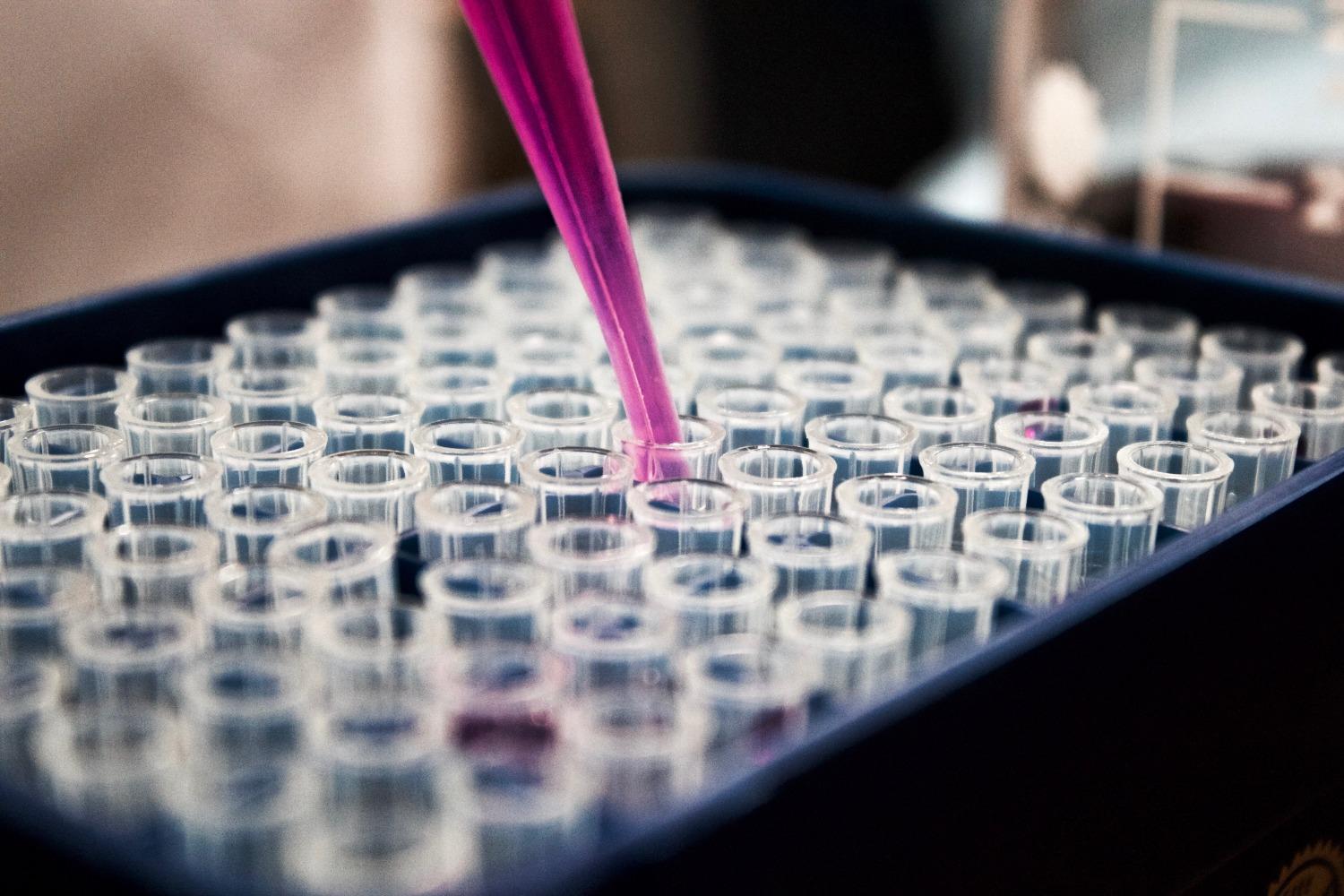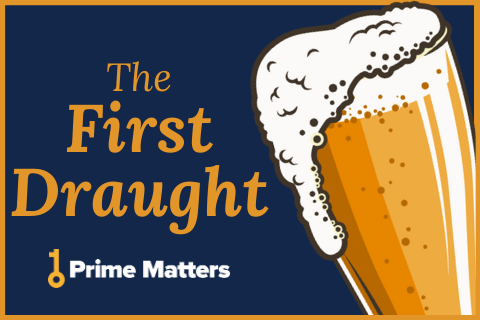
It is common to hear things today like, "I believe in science." This is a strikingly odd statement for empirical scientists to make because science is something that is not believed but rather perceived. Oftentimes, this professed "belief" in science arises from the flawed philosophic view that the empirical sciences - and only the empirical sciences - offer true knowledge.
A recent study highlighted in The New York Times demonstrates that prenatal genetic testing is sometimes less than 20% accurate. How many unborn children have received a prenatal death sentence not only unjustly, but inaccurately? For a movement that often pushes faith to the margins, this raises many questions.
The Holy Father reprimands those who choose pets over children.
An economist from the University of Pennsylvania predicts that the human population will cease to grow after 2060 and reflects on the economic consequences of a shrinking worldwide population.
A Benedictine abbey in Illinois detaches from the high school it founded.
What would the overturn of Roe v. Wade mean throughout Latin America?

The First Draught
To receive the Weekly Update in your inbox every week, along with our weekly Lectio Brevis providing insights into upcoming Mass readings, subscribe to The First Draught.


